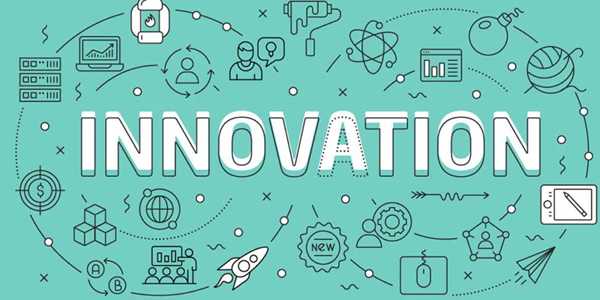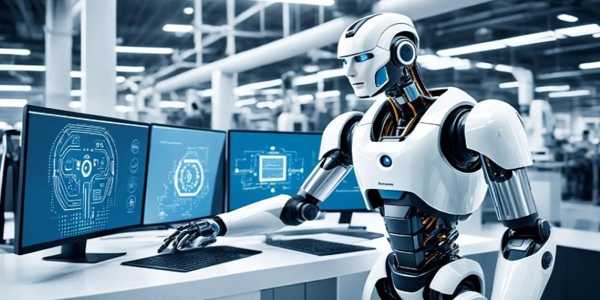- Electronics & Tech News
How AI Is Transforming The Future Of Work
In recent years, artificial intelligence (AI) has made its mark on various industries, reshaping how we work and interact within professional environments. As we going to step into 2025, AI's impact continues to grow, altering job roles, improving efficiency, and even changing the very nature of work itself. This transformation presents both opportunities and challenges, sparking discussions about the future of employment, workplace culture, and the skills needed to thrive in an AI-driven landscape.
The Shift In Job Roles
One of the most significant changes brought about by AI is the evolution of job roles. While some tasks that humans once performed are being automated, new positions are emerging that focus on managing, interpreting, and leveraging AI technologies. For example, roles such as AI ethics compliance officers and data analysts are becoming increasingly important. These positions require individuals who can ensure that AI systems are being used responsibly and can derive insights from the vast amounts of data generated by these systems.
Moreover, AI is augmenting existing jobs rather than merely replacing them. In sectors like healthcare, for instance, AI tools assist doctors in diagnosing conditions by analyzing patient data more quickly and accurately than humans alone could. This allows healthcare professionals to spend more time on patient care while AI handles data-heavy tasks. The focus is shifting from rote tasks to higher-level thinking and emotional intelligence, traits that machines struggle to replicate.
Enhancing Productivity And Efficiency
AI's ability to process vast amounts of data at lightning speed is revolutionizing productivity. In fields such as finance, AI algorithms analyze market trends and make predictions, enabling traders to make informed decisions faster than ever. This swift data analysis not only boosts efficiency but also helps businesses to stay competitive in fast-paced markets.

Additionally, AI-powered tools are streamlining workflows. Project management software now incorporates AI to help teams prioritize tasks based on deadlines, project scope, and individual workload. This capability reduces the cognitive load on workers, allowing them to focus on strategic planning and creative problem-solving rather than getting bogged down in administrative tasks. As AI continues to evolve, we can expect even more sophisticated tools that will further enhance productivity.
The Importance Of Collaboration Between Humans And AI
The relationship between humans and AI is not solely about replacement but rather collaboration. In many workplaces, AI serves as a partner to human employees, assisting them in their tasks. For instance, customer service representatives use AI chatbots to handle common inquiries, allowing them to focus on more complex customer needs. This collaboration results in better customer experiences and improved employee satisfaction, as workers can engage in more meaningful interactions.
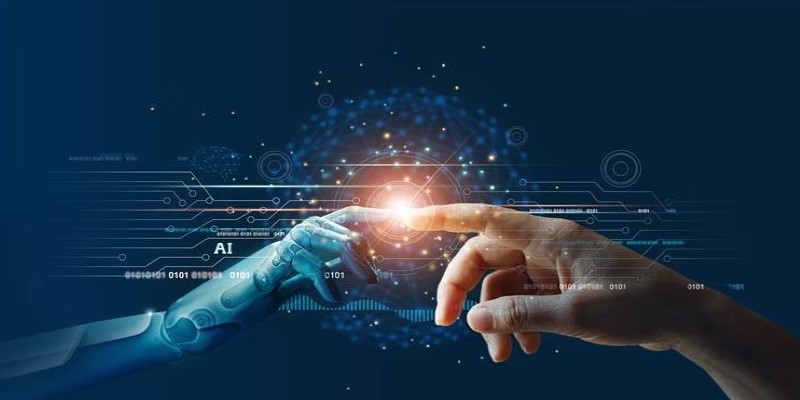
To facilitate this collaboration, organizations are investing in training programs that prepare employees to work alongside AI systems. Upskilling the workforce is essential in ensuring that employees are not only comfortable with these technologies but can also harness their potential effectively. Companies are recognizing that a well-trained workforce can maximize the benefits of AI, leading to better outcomes for both employees and businesses.
The Role Of AI In Remote Work
The rise of remote work has been accelerated by AI technologies, which provide tools that make collaboration seamless regardless of physical location. Virtual meeting platforms now integrate AI features, such as real-time transcription and language translation, enhancing communication among teams spread across different regions. These technologies not only improve accessibility but also foster inclusivity, allowing diverse teams to collaborate effectively.

Moreover, AI can analyze employee productivity and engagement levels in remote settings. By monitoring patterns and behaviors, organizations can identify potential issues and address them proactively. This data-driven approach to managing remote teams ensures that employees remain supported, motivated, and productive, even from afar.
Ethical Considerations In AI Implementation
As AI transforms the workplace, ethical considerations come to the forefront. Issues surrounding bias in AI algorithms, data privacy, and job displacement are hot topics of discussion among businesses, employees, and policymakers. Organizations must be vigilant in ensuring that their AI systems are designed to be fair and transparent. This includes auditing AI models to detect and mitigate biases that could affect decision-making, particularly in areas like hiring and promotions.
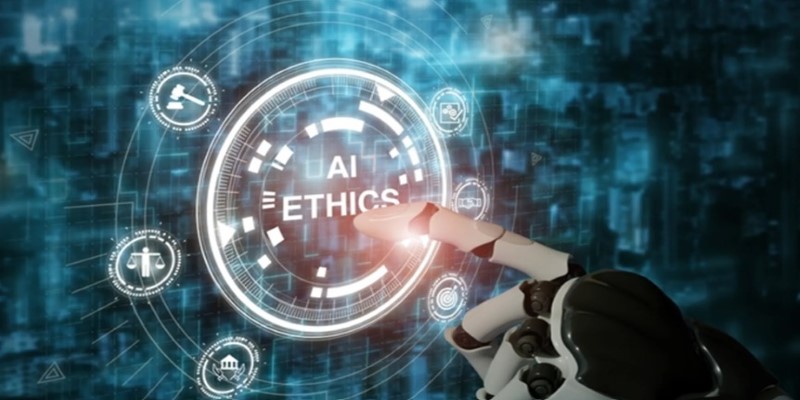
Furthermore, the collection and use of employee data raise questions about privacy and consent. Companies must navigate these concerns carefully, establishing clear policies on data usage while fostering a culture of trust. Employees need to feel secure that their data is handled responsibly, or they may resist adopting AI tools in the workplace.
The Future Of Skills And Education
With the rise of AI, the skills needed in the workforce are changing. As routine tasks become automated, there is a growing demand for uniquely human skills such as creativity, critical thinking, and emotional intelligence. Education systems are beginning to adapt to this shift, incorporating training in these areas alongside technical skills related to AI and data analysis.
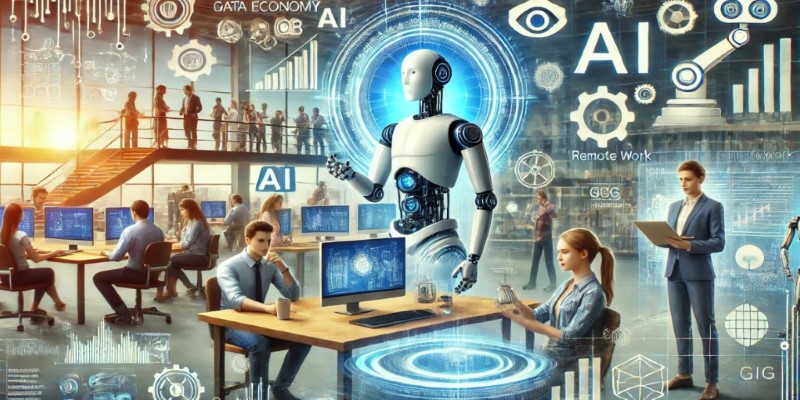
Lifelong learning is becoming essential. Professionals must commit to continuously updating their skills to remain relevant in the job market. Many organizations are offering learning opportunities to employees, emphasizing the importance of adaptability and flexibility in a world where technology is constantly evolving.
Challenges And Opportunities Ahead
Despite AI's many advantages, there are challenges to consider. The fear of job displacement remains prevalent, particularly in industries heavily reliant on manual labor or repetitive tasks. Governments, businesses, and educational institutions must work together to address these concerns, ensuring that workers have access to retraining programs and new job opportunities.
Conversely, the opportunities presented by AI are vast. The potential for innovation and growth is significant as businesses leverage AI to enhance their operations and create new products and services. The ability to analyze consumer behavior, improve supply chain efficiency, and enhance customer experiences opens doors to new revenue streams and market possibilities.
Conclusion
As we look toward the future of work in 2025, it is clear that AI will continue to be a transformative force. Its influence is felt across industries, reshaping job roles, enhancing productivity, and redefining the way we collaborate. While challenges exist, the potential for growth and innovation is immense. By prioritizing ethical AI practices, investing in employee training, and fostering a culture of adaptability, organizations can position themselves to thrive in this new era. The key will be embracing change and recognizing that AI is not a threat but rather a powerful tool that when used responsibly, can lead to a more efficient, equitable, and creative workplace.




